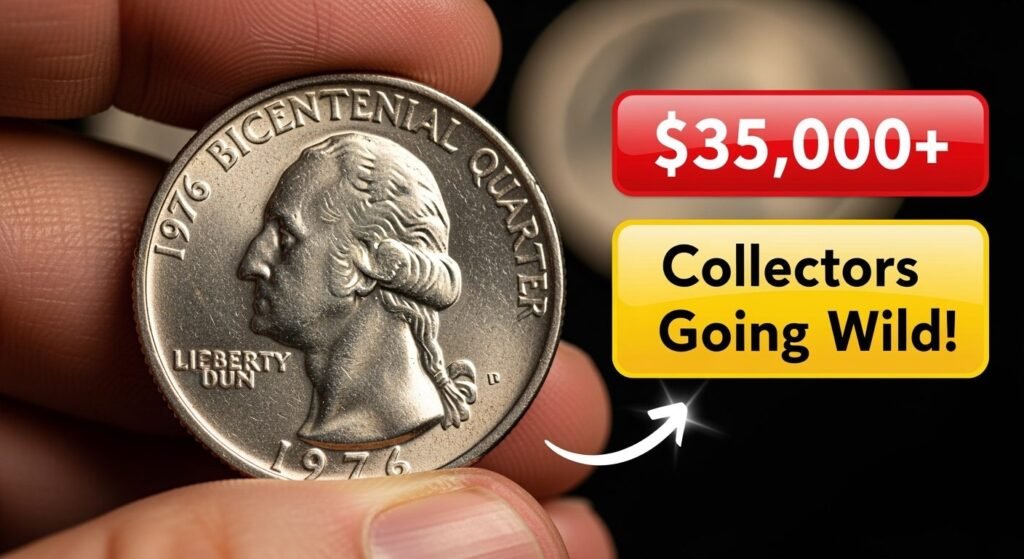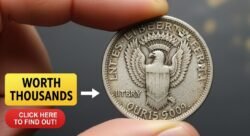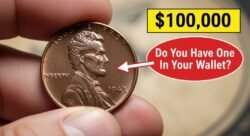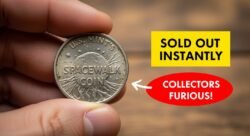Valuable Bicentennial Quarters: Have you checked your pocket change lately? You might be carrying around a small fortune without even realizing it. The 1976 Bicentennial Quarter has become one of the most sought-after modern coins in the numismatic world, with some specimens fetching incredible prices exceeding $35,000. As a coin enthusiast myself, I’ve been watching with amazement as these special quarters, created to commemorate America’s 200th birthday, have skyrocketed in value. What makes these quarters so special isn’t just their historical significance, but also their unique design featuring a colonial drummer on the reverse and the dual date of 1776-1976.

What Makes Bicentennial Quarters Valuable?
Not all 1976 Bicentennial Quarters are worth thousands of dollars – in fact, most are worth just their face value of 25 cents. The quarters that command premium prices are those with specific characteristics that make them rare and desirable to collectors. Factors that contribute to a Bicentennial Quarter’s value include mint errors, special striking methods, and exceptional preservation state. The most valuable examples are those with double-die errors, off-center strikes, or those struck on the wrong planchet. Additionally, quarters with the ‘S’ mint mark that were struck as proof coins in San Francisco can be particularly valuable, especially if they’ve been preserved in pristine condition since their release.
Why Collectors Are Paying Premium Prices
The surge in prices for rare Bicentennial Quarters reflects a broader trend in the collectible coin market. As numismatic interest grows, particularly among younger collectors discovering the hobby through social media, demand for iconic American coins has increased dramatically. The Bicentennial Quarter holds special appeal because it represents a significant moment in American history while being recent enough that many people remember their circulation. The limited number of truly exceptional specimens drives competition among serious collectors, pushing prices to remarkable heights. Additionally, the nostalgic connection many Americans feel toward these commemorative coins adds an emotional component to their collectibility that goes beyond mere investment potential.
How to Identify a Valuable Bicentennial Quarter
- Look for doubled-die errors, particularly in the lettering or date
- Check for off-center strikes where the design isn’t properly centered
- Examine for wrong planchet errors (quarters struck on dime or nickel blanks)
- Verify the mint mark – ‘S’ mint proofs can be more valuable
When examining your Bicentennial Quarters, use a magnifying glass to look closely at the details. The most valuable specimens often have errors that are visible to the trained eye but might be missed with casual observation. Pay special attention to the lettering around the rim, the drummer figure, and the dual dates. Coins in uncirculated condition (those that show no wear from handling) are generally more valuable than those that have been in circulation. Remember that even minor imperfections or cleaning can significantly reduce a coin’s value to serious collectors.
When to Sell Your Bicentennial Quarter
If you believe you have a valuable Bicentennial Quarter, timing your sale can be crucial to maximizing your return. The market for rare coins tends to fluctuate based on broader economic conditions, media attention, and collector trends. Currently, we’re seeing heightened interest in these quarters, which has contributed to the record prices. Before selling, I recommend getting your coin professionally authenticated and graded by a reputable service like PCGS or NGC. This verification provides buyers with confidence and typically results in higher selling prices. Consider consulting with a numismatic expert who specializes in modern U.S. coins to determine the best approach for your specific specimen.
Record-Breaking Sale Example
One of the most remarkable Bicentennial Quarter sales occurred recently when a 1976-S Silver Proof Quarter with a dramatic double-die obverse error sold for an astonishing $35,250 at a specialized coin auction. The coin, graded PCGS PR68, showed significant doubling on the date and lettering, making it one of the most pronounced examples of this error type. What made this particular specimen so valuable was the combination of its proof quality, the rarity of the error, and its exceptional preservation. The sale generated significant buzz in collecting circles and brought renewed attention to these bicentennial commemoratives, prompting many Americans to take a closer look at their own quarter collections.



